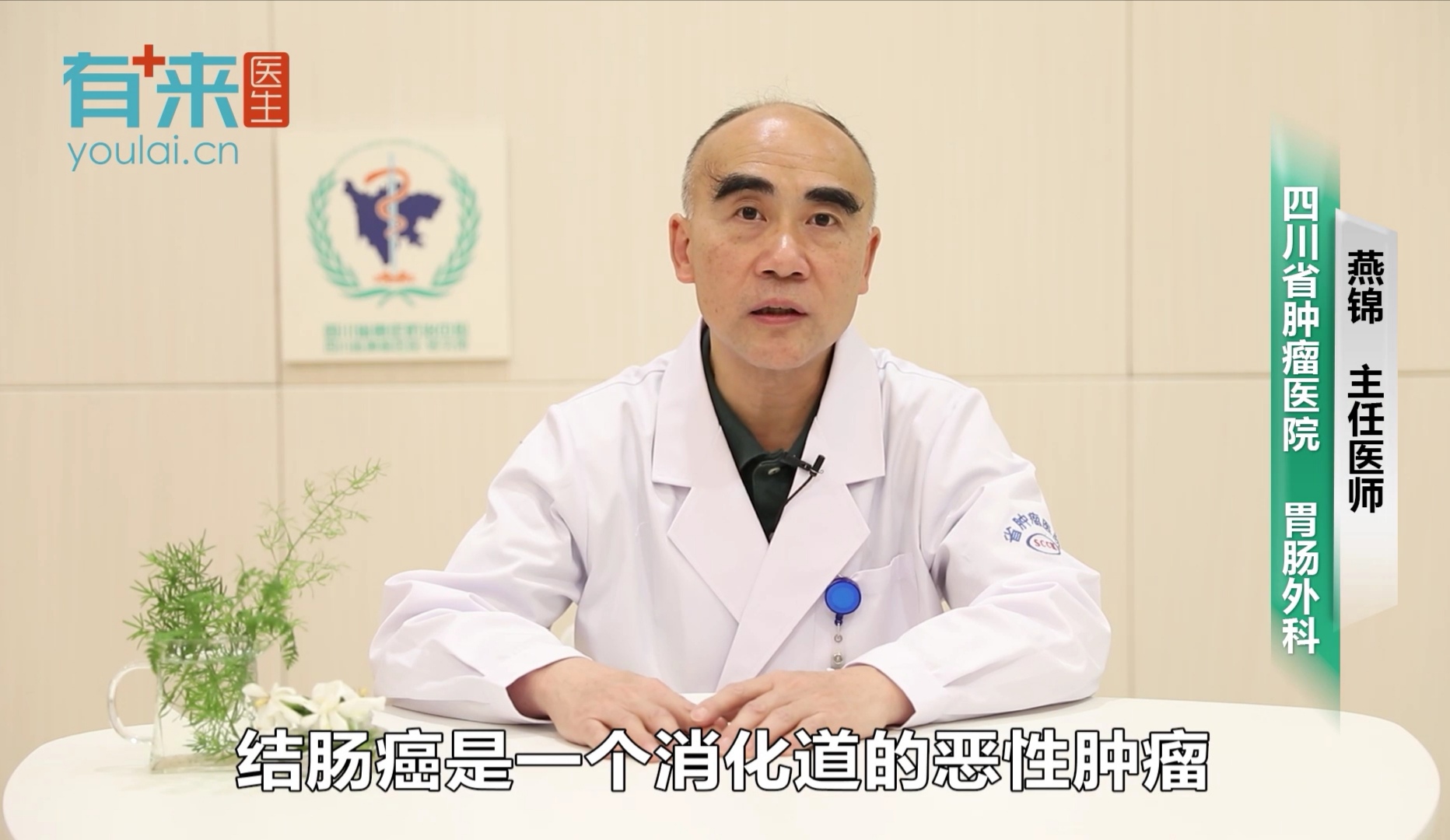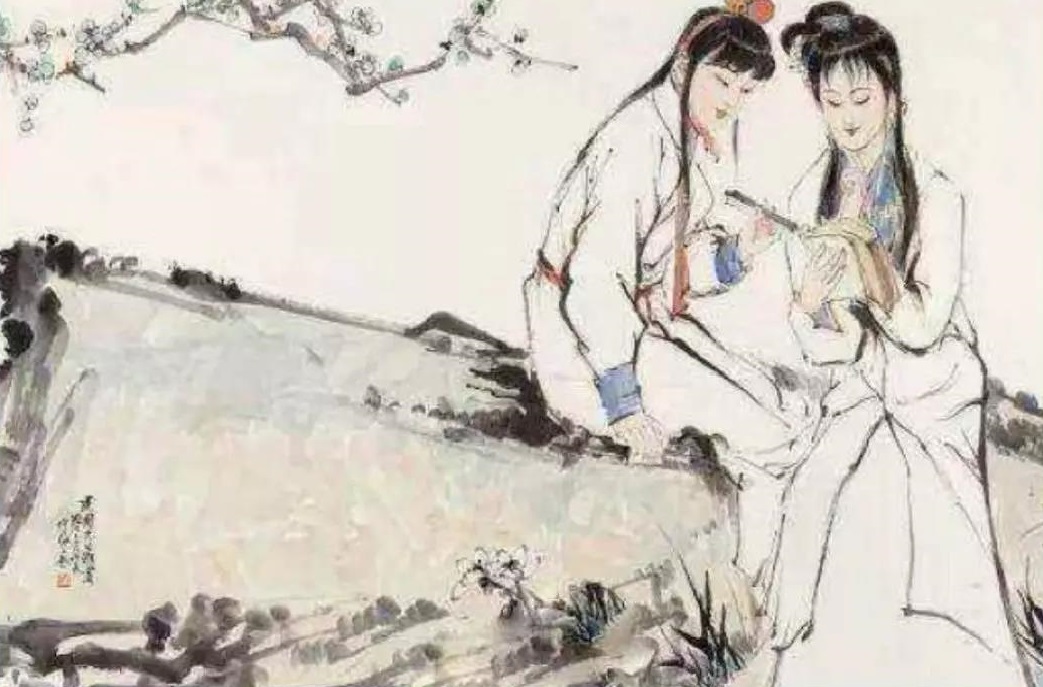编者按:2023年11月16日~19日,由中国抗癌协会主办、天津医科大学肿瘤医院等单位承办的2023中国整合肿瘤学大会(CCHIO)将于天津举办。本次会议将继续秉承“肿瘤防治,赢在整合”主题,汇聚国内外抗肿瘤力量,共述前沿学术成果。“肿瘤瞭望”特别采访大会执行会议、会议承办东道主——天津医科大学肿瘤医院郝继辉教授,深入感知全新的CCHIO。
Editor's Note: The 2023 Chinese Congress on Holistic Integrative Oncology (CCHIO), organized by the China Anti-Cancer Association and hosted by Tianjin Medical University Cancer Hospital, will take place in Tianjin from November 16th to 19th, 2023. This conference will continue to uphold the theme of "Cancer Prevention and Control: Success through Integration," attracting anti-cancer experts and professionals from around the world to share cutting-edge academic achievements. "Oncology Frontier" had the special opportunity to interview Professor Ji-Hui Hao from Tianjin Medical University Cancer Hospital, the Executive Director of the conference and the hosting institution, to gain a deeper understanding of the new CCHIO.
#1
肿瘤瞭望:中国肿瘤学大会(CCO)已走过二十余年,今年首次以“中国整合肿瘤学大会(CCHIO)”召开,您认为这种转变体现了我国肿瘤学科和肿瘤防治理念发生了怎样的变化?
Oncology Frontier: The China Cancer Congress (CCO) has been held for over twenty years. This year, it is being held for the first time under the name CCHIO. What do you think this change reflects the development of oncology and cancer prevention in China?
郝继辉教授:2018年的中国肿瘤学大会首次提出了“肿瘤防治,赢在整合”概念并延续至今,深刻影响并指引了我国肿瘤学的发展。今年中国肿瘤学大会再次回到天津,并正式更名为中国整合肿瘤学大会,宣示“整合治疗”从潜移默化的日常浸润正式走到台前,赋予了“整合治疗”更丰富的内涵。CCO到CCHIO的转变,体现了我国肿瘤学科从单一学科到多元学科的全方位发展;也强调了肿瘤诊治从单纯治病到患者全周期、全方位、全流程的综合治疗转变。这种变化也反映了我国肿瘤防治工作逐渐向高质量、精细化方向发展,更加注重疾病的预防、早期筛查、精准诊断和个体化治疗。在科研合作方面,我们走出去、引进来,整合全球的科研资源,通过与国际同行的交流与合作,借鉴、吸收国际先进的科研成果和经验,推动我国肿瘤学领域的科研水平和临床实践的进步;与此同时,我国肿瘤学领域在国际上的话语权和影响力不断提高,在发展与前行中反哺国际抗肿瘤事业,促进全球抗肿瘤水平稳步提升。此次CCHIO年会,不仅仅是国际整合肿瘤学的开端,更是多年来“肿瘤防治,赢在整合”概念影响和指导下的精彩结果呈现。
Professor Ji-Hui Hao: In 2018, the China Cancer Congress first introduced the concept of "Cancer Prevention and Control: Success through Integration," which continues to influence and guide the development of oncology in China. This year, the CCO returns to Tianjin and is officially renamed as the CCHIO, signaling that holistic treatment has transitioned from subtle daily practice to the forefront, enriching it with a more profound meaning. The transformation from CCO to CCHIO reflects the multidisciplinary development of oncology in China, emphasizing the shift in cancer diagnosis and treatment from simple disease management to comprehensive, all-rounded, and holistic patient care throughout the entire treatment process. This change also reflects the gradual shift in cancer prevention and control in China towards high quality, and precision, placing greater emphasis on disease prevention, early screening, accurate diagnosis, and individualized treatment. In terms of research cooperation, we actively engage in international collaboration and integrating global research resources. Through exchanges and collaborations with international peers, we aim to learn from and absorb advanced international research results and experiences to promote the progress of oncology in China. Simultaneously, China's influence and voice in the field of oncology continue to grow on the international stage. As we progress, we reciprocate by contributing to the global anti-cancer cause, steadily improving the global level of cancer treatment. This year's CCHIO conference is not only the beginning of international holistic oncology but also a brilliant epitome of the concept of "Cancer Prevention and Control: Success through Integration" that has influenced and guided us for many years.
#2
肿瘤瞭望:在“肿瘤防治赢在整合”的主题下,您认为我国胰腺癌的临床实践,以及基础、临床和转化研究等,应该如何进行整合发展?
Oncology Frontier: Under the theme "Cancer Prevention and Control: Success through Integration," how should clinical practice, basic research, and translational research in pancreatic cancer in China be integrated and developed?
郝继辉教授:胰腺癌起病隐匿,恶性程度高,死亡率高,长期以来占据“癌王”的位置。根据国家癌症中心发布的最新流行病学数据显示,我国胰腺癌年新发10.0万例,占新发恶性肿瘤第10位,年死亡8.8万例,占第6位,为我国人民健康带来了极大的威胁和负担。随着近年来临床对胰腺癌的基础研究、临床研究、临床实践的认识不断深入,我们在胰腺癌的发病机制、预测预后标志物的认识、精准治疗靶点的开发、免疫治疗的探索等方面都取得了丰富的进展。无论是此次大会,还是日常科研、临床工作中,“肿瘤防治赢在整合”都是胰腺癌诊疗前行的指南针。
在科研与临床中,基础研究是胰腺癌诊疗的理论基础,临床实践是胰腺癌诊疗伦理的验证,而转化治疗则是连接二者的桥梁,三者的有机整合将更有效地促进胰腺癌治疗水平提升。在基础研究层面,应通过医院与基础研究机构的合作、鼓励科研人员与临床医生密切合作,共享科研成果和经验,发掘可能的机制。在转化研究层面,医院、企业、科研机构等共同验证新的诊疗技术等,将不断为新的诊疗策略迭代和修正,促进潜在的治疗策略快速成熟。在临床方面,多学科协作治疗模式将为患者提供更全面的、个性化的治疗方案,在此基础上,加强对新理论、新策略的验证,将为胰腺癌的治疗带来更广阔的前景。
Professor Ji-Hui Hao: Pancreatic cancer is insidious in onset, highly malignant, and has a high mortality rate, traditionally holding the title of "king of cancers." According to the latest epidemiological data from the National Cancer Center, there are approximately 100,000 new cases of pancreatic cancer in China each year, ranking 10th among new malignant tumors. The annual death toll is 88,000, ranking 6th, posing a significant threat to the health of the Chinese people. In recent years, with a deepening understanding of the basic research, clinical research, and clinical practice of pancreatic cancer, we have made rich progress in the pathogenesis of pancreatic cancer, the identification of prognosis markers, the development of target therapies, and the exploration of immunotherapy Whether at this conference or in our daily research and clinical work, "Cancer Prevention and Control: Success through Integration" serves as the guiding compass for the diagnosis and treatment of pancreatic cancer.
In both research and clinical practice, basic research forms the theoretical foundation for the diagnosis and treatment of pancreatic cancer. Clinical practice validates the ethics of diagnosing and treating pancreatic cancer, while translational therapy bridges the gap between the two. The organic integration of these three aspects will effectively elevate the level of pancreatic cancer treatment. At the level of basic research, collaboration between hospitals and basic research institutions, as well as close cooperation between researchers and clinical doctors, should be encouraged to share research findings and experiences and explore potential mechanisms. In translational research, collaboration among hospitals, enterprises, research institutions, and others to jointly verify new diagnostic and treatment technologies will facilitate the rapid maturation of potential treatment strategies. In the clinical aspect, a multidisciplinary collaborative treatment model will provide patients with more comprehensive and personalized treatment plans. On this basis, rigorous validation of new theories and strategies will broaden the horizons for the treatment of pancreatic cancer.
#3
肿瘤瞭望:CACA指南依托“一带一路”走出国门,您和团队也相继在国际知名的会议、期刊发布研究成果。请结合您和团队的工作,介绍应如何向外输出我国胰腺癌诊疗的研究和发展,在国际上发出更多中国声音?
Oncology Frontier: The CACA guidelines leverage the "Belt and Road" initiative to reach out internationally, and you and your team have published research results in internationally renowned conferences and journals. Please share how Chinese research and development in the diagnosis and treatment of pancreatic cancer should be promoted internationally, and how to amplify the voice of China on the global stage.
郝继辉教授:即便在全球范围内,胰腺癌的发病率也呈现出逐年上升的趋势,病死率极高的特点,为患者的生存带来了巨大挑战。在构建人类命运共同体大背景下,任何团体、任何人取得的任何进展,都将为提升全球胰腺癌整体治疗水平提供助力。我们团队在胰腺癌的科研和临床实践工作在国际上受到了一定的关注和认可,与国家的发展、协会和医院的支持、团队的努力密不可分。向国际同行展示我国胰腺癌诊疗的研究和发展成果,扩大中国的声音,是我国软实力增加的体现。第一,需继续加强国际合作:通过参与国际会议、合作研究等方式,与国际同行建立广泛的合作关系,共同开展胰腺癌的研究和交流。比如此次CCHIO我们特别设立了国际会场,汇聚了100余位国际讲者,将极大促进交流互进。第二,需要进一步完善和推广中国经验:2023年我们制定了《中国抗癌协会胰腺癌整合诊治指南》,为胰腺癌的诊疗提供了重要的指导规范。将我国的诊疗规范和经验转化为国际通用的语言和标准,并通过参与制定国际诊疗指南、编写教科书等方式推广我国的经验和成果,从而为全球胰腺癌诊疗提供参考和借鉴,让国际同行可以充分借鉴中国的经验和做法。第三,应持续提升我国科研水平,加强基础研究和转化研究,提升我国在胰腺癌领域的科研水平和创新能力,将有助于我们为全球胰腺癌诊疗做出更多的贡献。总之,构建人类命运共同体,离不开中国的声音。
Professor Ji-Hui Hao: Even on a global scale, the incidence of pancreatic cancer is on the rise each year, and its high mortality rate poses a significant challenge to patient survival. In the context of building a community of shared future for humanity, any progress made by any group or individual will contribute to improving the overall treatment of pancreatic cancer worldwide. Our team's research and clinical work in pancreatic cancer have received international attention and recognition. This is closely linked to the support of the country, associations, hospitals, and the hard work of the team. Showcasing China's research and development achievements in the diagnosis and treatment of pancreatic cancer to international peers and amplifying the voice of China is an embodiment of China's soft power. First, it is necessary to strengthen international cooperation by establishing extensive cooperative relationships with international peers through participation in international conferences and collaborative research, jointly conducting research and exchanges on pancreatic cancer. For example, at this year's CCHIO, we have set up an international venue, bringing together over 100 international speakers, which will greatly promote exchanges and mutual learning. Second, it is important to further refine and promote Chinese experiences. In 2023, we formulated the "China Anti-Cancer Association Integrative Diagnosis and Treatment Guidelines for Pancreatic Cancer," providing crucial guidelines for the diagnosis and treatment of pancreatic cancer. Transforming China's diagnostic and treatment standards and experiences into internationally accepted language and standards and promoting China's experiences and achievements through participation in international diagnostic and treatment guidelines, and textbook writing will help provide reference and inspiration for global pancreatic cancer diagnosis and treatment, enabling international peers to draw from China's experiences and practices. Third, continuous improvement of China's research capabilities in the field of pancreatic cancer, especially in basic and translational research, will help enhance China's research and innovation capabilities in the field of pancreatic cancer. This will contribute to making a more significant contribution to global pancreatic cancer diagnosis and treatment. In summary, building a community of shared future for humanity cannot be achieved without the voice of China.
#4
肿瘤瞭望:请您分享一下对本次CCHIO大会的寄语。
Oncology Frontier: Can you share your message for the upcoming CCHIO conference?
郝继辉教授:时隔17年,CCO以CCHIO的身份衣锦还乡,并首次采取以天津为主会场,30个省市联动举办全国分会场的“1+N”模式,将成为中国抗癌协会所举办的最大规模学术年会。CCHIO是我国向全球展示中国学术成就的窗口与平台,也将成为国内外肿瘤学术交流的新阵地。我们将在会议期间积极的、紧密的推进国际合作,拓展与国外高水平学术机构的交流,加强院际合作与人才培养,整合全球的肿瘤防控力量,带动中国肿瘤事业发展,协力打造全人类更美好的抗肿瘤未来,共同构建人类命运共同体。祝2023中国整合肿瘤学大会取得圆满成功。
Professor Ji-Hui Hao: After 17 years, CCO returns as CCHIO, and for the first time, it adopts the "1+N" model with Tianjin as the main venue and 30 provincial and municipal sub-venues. This will be the largest academic annual conference organized by the China Anti-Cancer Association. CCHIO serves as a window and platform for China to showcase its academic achievements globally, as well as a new ground for domestic and international oncology academic exchanges. During the conference, we will actively and closely promote international cooperation, expand exchanges with high-level international academic institutions, strengthen inter-hospital collaboration and talent development, integrate global anti-cancer forces, and drive the development of China's anti-cancer efforts. Together, we aim to create a better future for all of humanity in the fight against cancer and work towards building a community of shared destiny. We wish the 2023 CCHIO a resounding success.
(来源:《肿瘤瞭望》编辑部)




